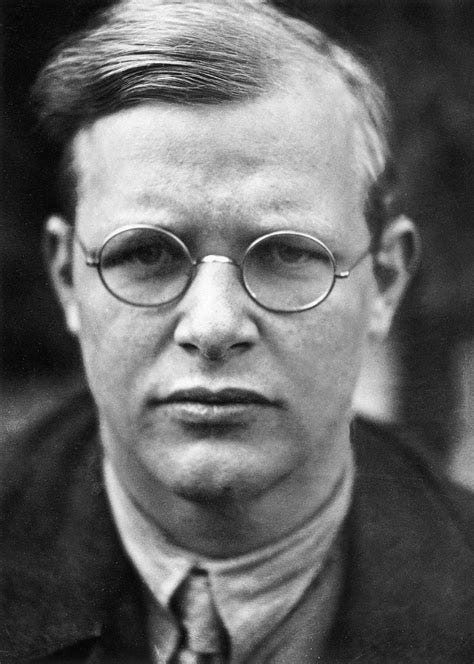Being Preparers of the Way
Challenging thoughts from Dietrich Bonhoeffer
In recent years, I’ve been encouraged, challenged, and experienced important spiritual growth as I’ve read some of the works of Dietrich Bonhoeffer (you can learn a bit about his life and death here). Both Ethics and his Life Together have given me much food for thought. More than that, they have led me to me make some changes in how I live, to more fully be a follower of the Way. These changes are small, but I hope they lead to deeper and more life-encompassing changes in the years ahead.
In his magisterial work, Ethics, Bonhoeffer discusses how Christians can prepare the way for others to receive God’s grace.[1] He refers to justification by grace and by faith as ultimate. This is how we enter the Way. We become followers of Jesus by accepting God’s gracious forgiveness and entrusting our lives to Him.
Examples of the penultimate include food for the hungry, shelter for the homeless, justice for those whose rights are denied, community for the lonely, order for the undisciplined, and freedom for the slave. For those Christians who think we are obligated to merely share the good news about the forgiveness of sins given in Christ, but not address social ills and injustices, Bonhoeffer offers an important challenge. He argues that when “a human life is deprived of the conditions that are part of being human, the justification of such a life by grace and faith is at least seriously hindered, if not made impossible.”[2]
Those who share the good news of grace and forgiveness through faith must do all that they can to gain it a hearing, they must prepare a way for people to hear and understand the relevance of that news. Ultimately, God is the one who clears the path. It is God who makes a way for humans to come to him in faith. Yet, as Bonhoeffer also points out, we can oppose God’s work and hinder the human response to God by what we do or fail to do. As Christians the power of God in Christ to draw people to himself
does not release us from preparing the way for the coming of grace, from doing away with whatever hinders and makes it more difficult…We can make it hard for ourselves and others to come to faith. It is hard for those thrust into extreme disgrace, desolation, poverty, and helplessness to believe in God’s justice and goodness…It is hard for the well-fed and the powerful to comprehend God’s judgment and God’s grace.[3]
We must take these words to heart. It is not that those who suffer from having too little, or who are spiritually deadened by having too much, have zero responsibility for their choices before God in Christ. But we must do what we can to prepare the way for them, rather than ignoring the very things that make receiving God’s grace difficult for them. How do we do this? Bonhoeffer gives a concrete example: “If the hungry do not come to faith, the guilt falls on those who denied them bread.”[4] We must feed the hungry. We must provide shelter for the homeless, justice for those whose rights are denied, community for the lonely, order for the undisciplined, and freedom for the slave. These are not requirements for such people to become Christians. Bonhoeffer is careful to reject such a claim. But doing these things will prepare the way to the Way, removing obstacles to the reception of God’s love and grace. Doing these things will help others discover and become followers of the Way. This is our calling, to love our neighbor as ourselves, in these and many other ways. Let’s answer that call.
NOTES
[1]. Dietrich Bonhoeffer, Ethics (Minneapolis, MN: Fortress Press, 2015), 81-103.
[2]. Bonhoeffer, Ethics, 94.
[3]. Bonhoeffer, Ethics, 96.
[4]. Bonhoeffer, Ethics, 97.



